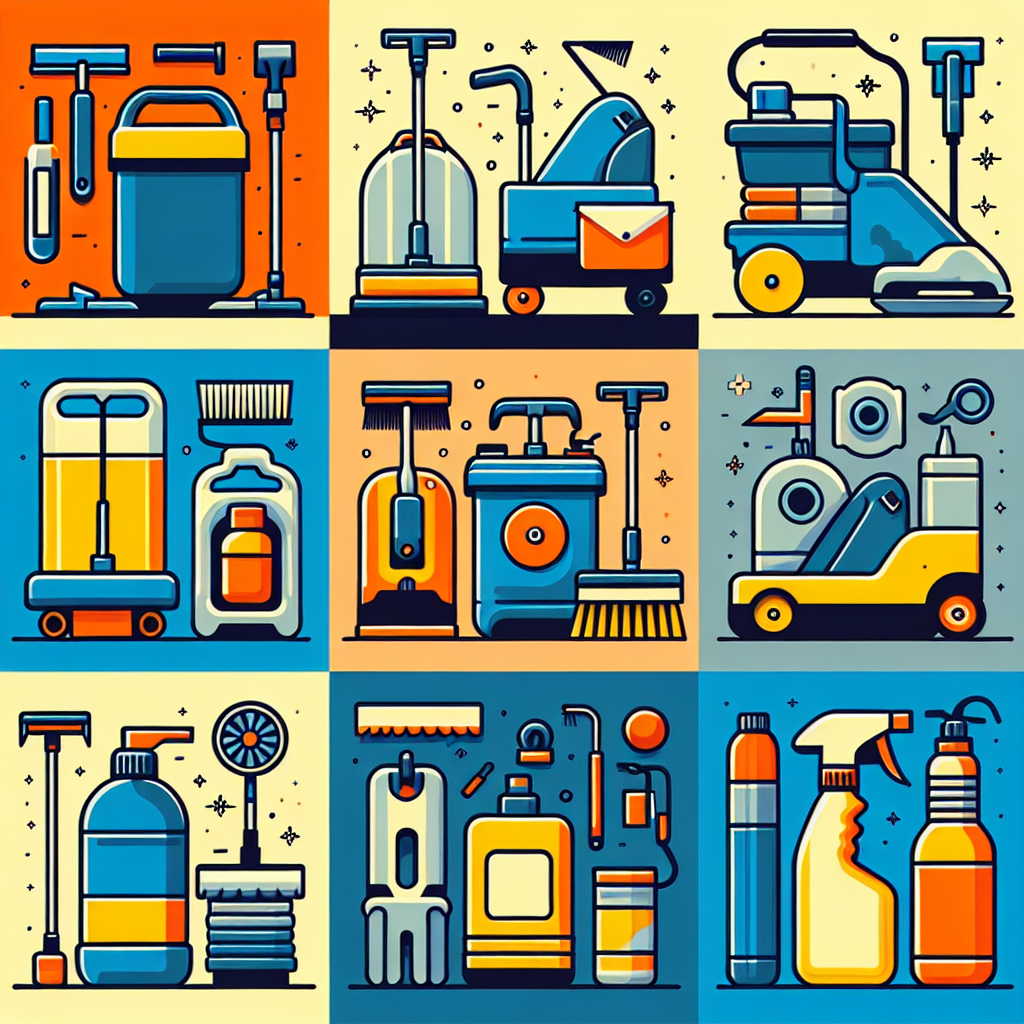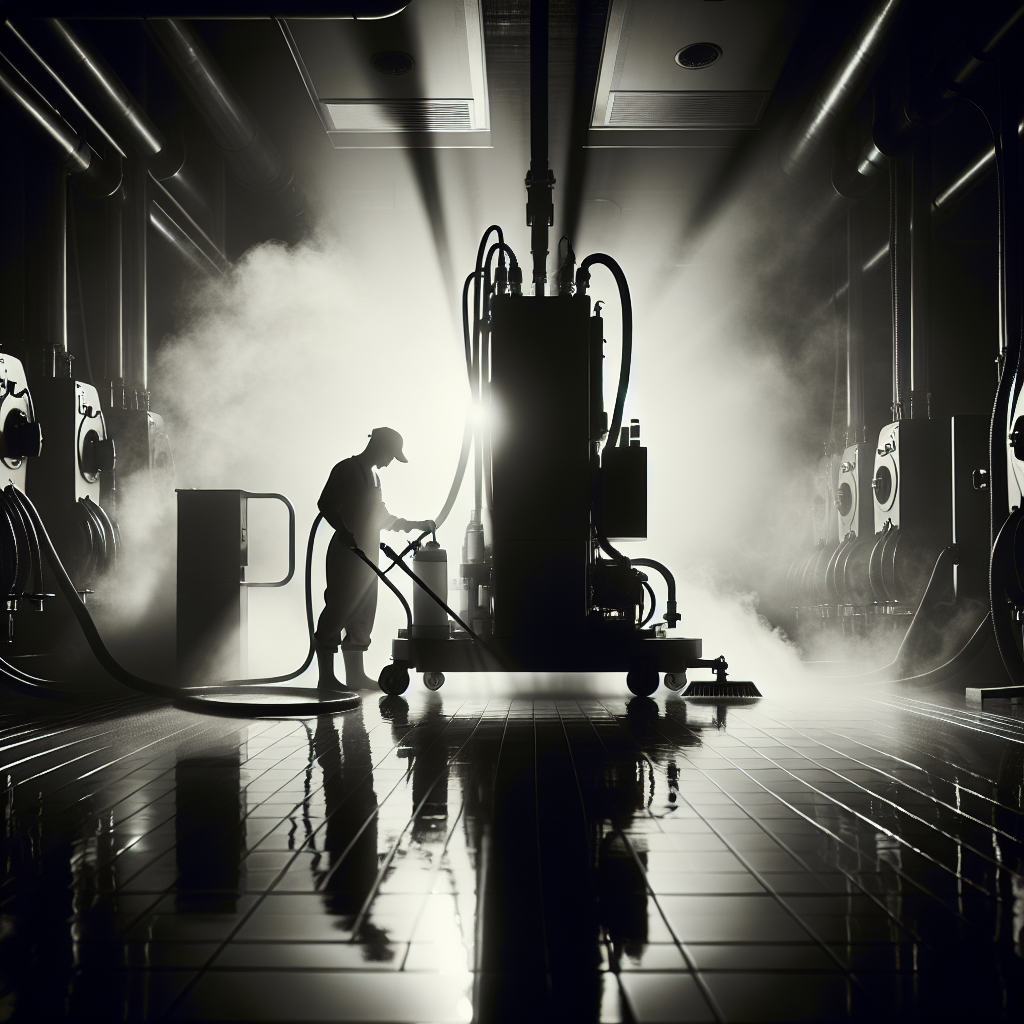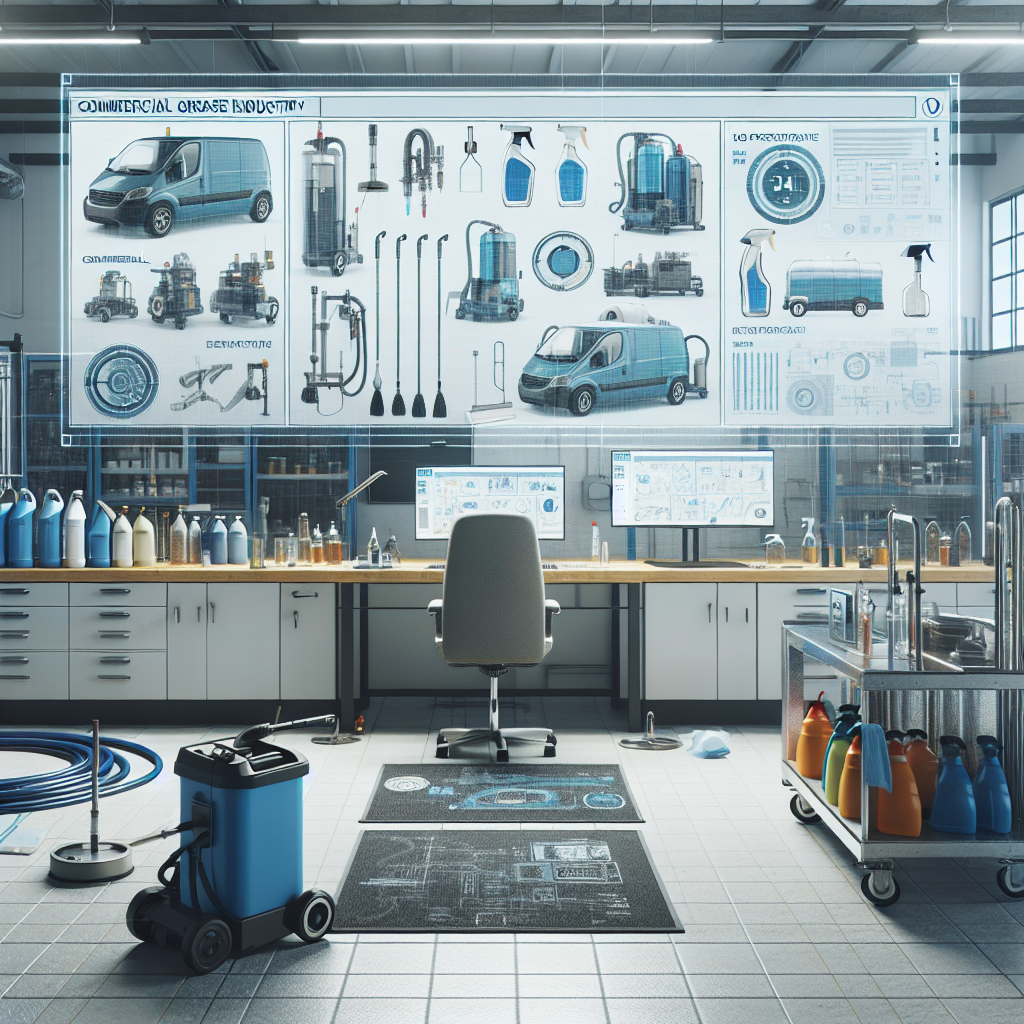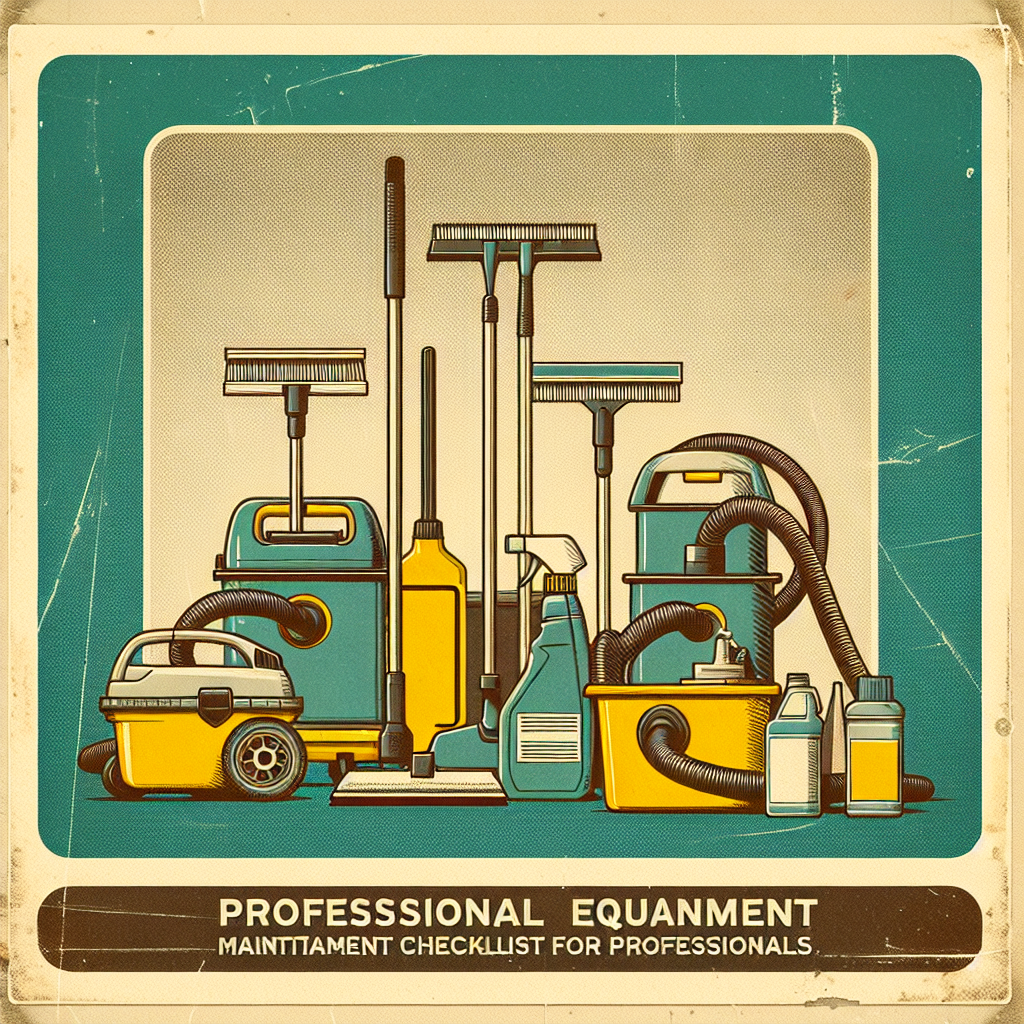Proper maintenance of cleaning equipment is essential for ensuring longevity and optimal performance. Neglecting equipment maintenance can lead to costly breakdowns and inefficiencies, impacting the overall cleaning operations. By implementing a proactive maintenance routine, you can extend the lifespan of your cleaning equipment and maximize its efficiency.
Regular Cleaning and Inspection
Regularly clean and inspect your cleaning equipment to prevent dirt and debris buildup. Check for any signs of wear and tear, such as frayed cords or damaged brushes, and address them promptly to avoid further damage.
- Clean filters, brushes, and other components according to the manufacturer's recommendations.
- Inspect power cords for any damage and replace them if necessary to prevent electrical hazards.
- Lubricate moving parts to reduce friction and wear.
Proper Storage
Store cleaning equipment in a clean, dry, and well-ventilated area to prevent rust and corrosion. Proper storage can also protect your equipment from dust and other contaminants that can affect its performance.
- Use covers or cases to protect equipment from dust and moisture when not in use.
- Store equipment away from direct sunlight to prevent plastic parts from deteriorating.
- Keep equipment off the ground to prevent damage and ensure proper airflow.
Scheduled Maintenance
Establish a regular maintenance schedule for your cleaning equipment to ensure that all components are functioning correctly. Scheduled maintenance can help you identify potential issues early on and prevent costly repairs.
- Create a maintenance checklist that includes cleaning tasks, inspections, and component replacements.
- Follow the manufacturer's recommended maintenance schedule for each piece of equipment.
- Keep detailed records of maintenance activities, including dates and any repairs made.
Invest in high-quality cleaning equipment to reduce the likelihood of breakdowns and increase durability. Quality equipment is designed to withstand heavy use and requires less frequent repairs, saving you time and money in the long run.
Training and Education
Provide training to your cleaning staff on proper equipment handling and maintenance procedures. Well-trained staff are more likely to use equipment correctly and identify potential issues early on, contributing to the longevity of the equipment.
- Offer regular training sessions on equipment operation, maintenance, and safety protocols.
- Encourage staff to report any equipment issues immediately to prevent further damage.
- Provide access to equipment manuals and troubleshooting guides for quick reference.
Professional Inspections
Schedule regular inspections by professional technicians to assess the condition of your cleaning equipment. Professional inspections can help you identify potential problems that may not be noticeable during routine maintenance.
- Have technicians check for hidden issues such as motor wear, leaks, or electrical malfunctions.
- Address any recommendations from the inspection promptly to prevent equipment failure.
- Schedule regular maintenance appointments with professional technicians to keep your equipment in top condition.
By following these maintenance tips and best practices, you can ensure the longevity of your cleaning equipment and maintain optimal performance for your cleaning operations.



